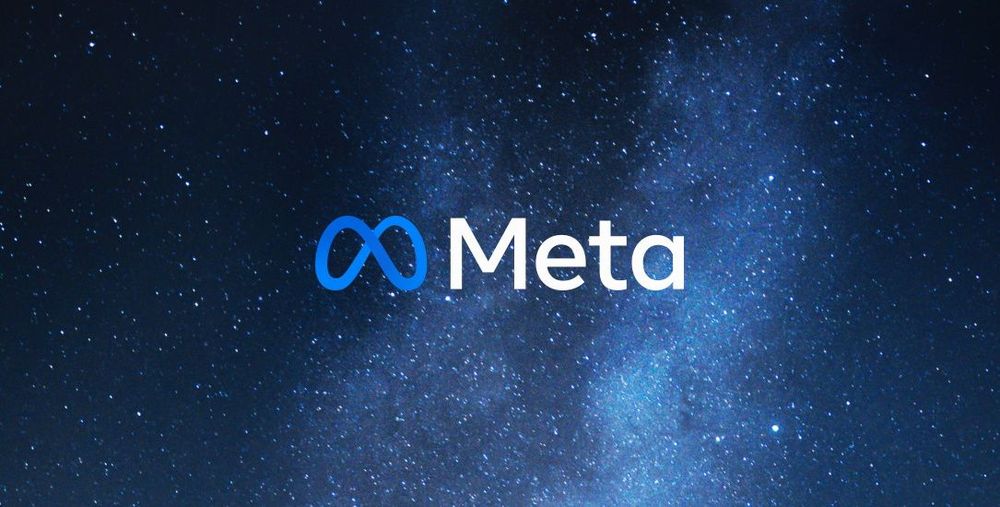Meta to settle Cambridge Analytica class-action for $725 million
Facebook parent company Meta has agreed to pay $725 million to settle a class-action lawsuit over the company's decision to allow Cambridge Analytica and other third parties to access users' personal data.
The proposal, if approved, would cap a legal dispute that began in 2018 when it became known that Facebook allowed Cambridge Analytica, a British data analytics and advertising firm, to access the personal information of about 87 million users.
In a motion filed late Thursday in the U.S. District Court for the Northern District of California and first reported by Reuters, lawyers said the proposed settlement would be the “largest recovery ever achieved in a data privacy class action and the most Facebook has ever paid to resolve a private class action.”
Calling it a “historic resolution,” they also said the proposal “is particularly striking given that Facebook argued that its users consented to the practices at issue, and that the class suffered no actual damages.” The federal judge overseeing the case had previously rejected some of these arguments, including that users did not experience tangible harm.
The settlement adds to a long list of fines and penalties that the company has paid in the wake of the Cambridge Analytica scandal and other privacy mishaps. In July 2019, the U.S. Federal Trade Commission imposed a $5 billion penalty and “sweeping new privacy restrictions” over charges that the company deceived users about their ability to control the privacy of their personal data. That same month, Facebook agreed to pay $100 million to settle charges with the U.S. Securities and Exchange Commission that it made “misleading disclosures regarding the risk of misuse of Facebook user data” involving the Cambridge Analytica scandal.
The company was handed a smaller fine — £500,000, or about $645,000 at the time — by the U.K's Information Commissioner's Office in 2018, representing the maximum penalty that the office could impose.
The Cambridge Analytica incident began in 2013, when the now-defunct consulting firm paid an academic researcher to transfer data from Facebook on tens of millions of users, which was used as part of the firm’s political advertising activities. The data was collected through an app called "This Is Your Digital Life," and obtained information like names, genders, locations, birthdays and page likes from not only respondents but also from their friends on the platform. In 2017 and 2018, news reports emerged of Facebook’s role in the scandal, as well as how it was used to benefit Donald Trump’s 2016 presidential campaign.
Meta is still facing legal action and investigations from other regulators, including Washington D.C. Attorney General Karl Racine who filed a lawsuit against the company and its founder Mark Zuckerberg in May over the incident.
Adam Janofsky
is the founding editor-in-chief of The Record from Recorded Future News. He previously was the cybersecurity and privacy reporter for Protocol, and prior to that covered cybersecurity, AI, and other emerging technology for The Wall Street Journal.



